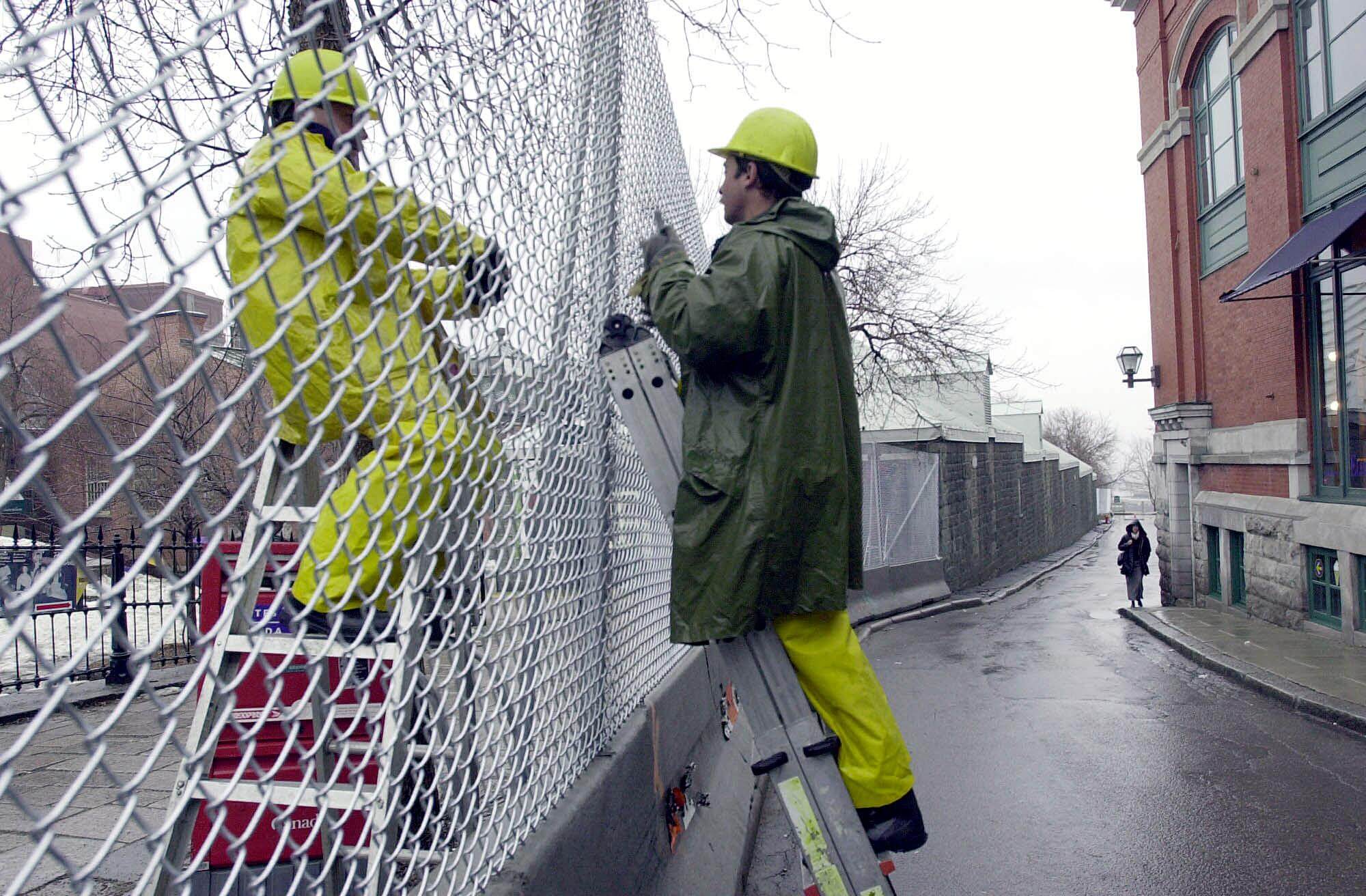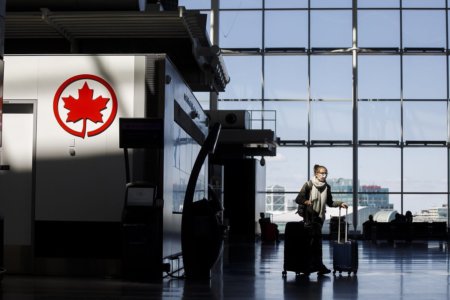
Canada’s private and career colleges are lobbying the government for their international graduates to be eligible for a work permit in Canada.
The National Association of Career Colleges (NACC) represents 500 regulated career colleges from across Canada. It wants to change the policy that only international graduates of Canada’s public universities are eligible for the post-graduation work permit (PGWP).
“There are not enough seats in public universities and colleges, so it would boost enrollments to record highs in private educational colleges if this system was unilaterally applied across the board,” said the president of Seymour Education & Learning Centres (SELC) Patrick Dang to Toronto Star.
“We need to allow public and private educational institutions the possibilities to work in conjunction to create a seamless system that is not skewed only towards public institutions being able to provide Post Graduate Work Permits.”
Currently, students are ineligible for a work permit in Canada if they have completed the following: an English as a second language or French as a second language course or programme of study, general interest or self-improvement courses, or a course or programme of study at a private career college.
Excluding international graduates from these institutions costs the Canadian economy 120 million Canadian dollars annually, NACC said.
“Should international students attending career colleges be allowed to receive work permits, it is estimated that thousands of jobs would be created,” the association states.
With a post-graduation work permit in Canada, international graduates can work full time, part-time or be self-employed in Canada based on the length of the study programme for a minimum of eight months up to a maximum of three years.
Only graduates of a study programme at a designated learning institution (DLI), that was at least eight months long and that led to a degree, diploma or certificate can apply to work in Canada. A DLI is a school approved by a provincial or territorial government to host international students.

Private career colleges in Canada typically offer programmes that relate to job-specific skills. PCC graduates are ineligible to apply for a work permit in Canada. Source: Marcos Townsend/AFP
Why private college graduates can’t apply for a work permit in Canada
Unlike public universities, private career colleges rely solely on tuition fees as they do not receive funding from the federal or provincial government. As fees are not subsidised, they are usually higher than their public counterparts.
Programmes usually cover job-specific skills, through the offering of certificate and diploma programmes in fields such as business, health services, human resources, applied arts, information technology, electronics and services.
In Ontario, PCCs that offer vocational programmes are legally obliged to register under the Private Career Colleges Act, 2005 and have to be approved by the Superintendent of Private Career Colleges.
A 2019 Globe and Mail investigation found large numbers of international students in Canada were defrauded by agents into enrolling for courses at private colleges so they could get a job or permanent residence in Canada.
In an update published in May 2017, as reported by Canada Study News, the NACC has warned its members from making any representations that its international graduates can get a work permit in Canada.
“While some career colleges are DLIs that can host international students, they are private institutions that confer diplomas and certificates, not degrees,” Immigration, Refugees and Citizenship Canada (IRCC) said in 2017.
“As such international graduates of these institutions are not eligible for a post-graduation work permit.”










